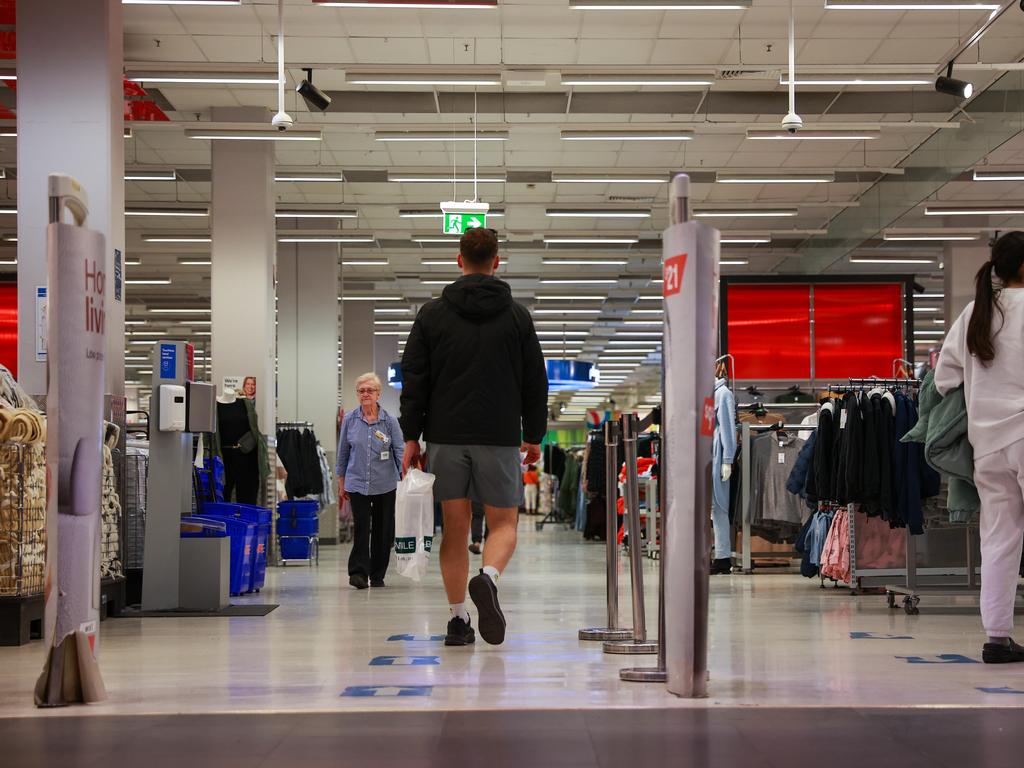Kmart, Bunnings probed over use of facial recognition technology
Two Aussie retail giants are being investigated by the privacy regulator for the way they handle customers’ personal information.
Australia’s privacy watchdog is investigating Bunnings’ and Kmart’s use of facial recognition technology.
The Office of the Australian Information Commissioner (OAIC) confirmed on Tuesday it had opened a probe into the technology, focusing on how the retail giants handle customers’ personal information.
The investigations follow a report from consumer advocacy group Choice about the retailers’ use of the facial recognition technology.
Choice analysed the privacy policies of 25 major retailers and found The Good Guys, Kmart and Bunnings were recording their customers’ biometric data.
Facial recognition uses video cameras to analyse images and capture each person’s unique facial features, known as a faceprint.
But Choice research found 76 per cent of Australians weren’t aware retailers were doing this – despite having a sign up at the front of stores.
Australian Information Commissioner and Privacy Commissioner Angelene Falk has also began preliminary inquiries with Good Guys Discount Warehouses (Australia) after reports the company had paused its use of facial recognition technology.
Bunnings chief operating officer Simon McDowell said it was aware of the OAIC investigations into the use of facial recognition technology in its stores and would co-operate with them.
“As we’ve previously explained, this technology is used solely to help keep team and customers safe and prevent unlawful activity in our stores and we have strict controls around its use,” he said.

The OAIC, which is the independent national regulator for privacy, said no further comment would be made while the probe continued.
The Commissioner is authorised to investigate an act or practice which may be an interference with the privacy of an individual or a breach of the Australian Privacy Principles under the Privacy Act 1988.
Following the release of the Choice research, Australians shared anger, branding the use of the advanced cameras and collecting personal data as “creepy” and “disgusting”.
Some stated they would stop shopping at the stores as a result.

Last month, Privacy Commissioner Ms Falk said it was important all retail stores considered the impact on privacy, the community’s expectations and the need to comply with privacy laws when deciding whether to use technology to collect personal information.
“The Privacy Act generally requires retailers to only collect sensitive biometric information if it’s reasonably necessary for their functions or activities, and where they have clear consent,” she said.
“While deterring theft and creating a safe environment are important goals, using high privacy impact technologies in stores carries significant privacy risks.
“Retailers need to be able to demonstrate that it is a proportionate response to collect the facial templates of all of their customers coming into their stores for this purpose.”
In 2021, the OAIC found 7-Eleven interfered with customers’ privacy by collecting sensitive biometric information which was “not reasonably necessary for its functions and without adequate notice or consent”.




